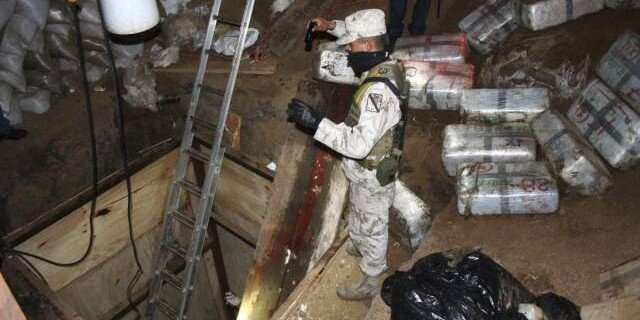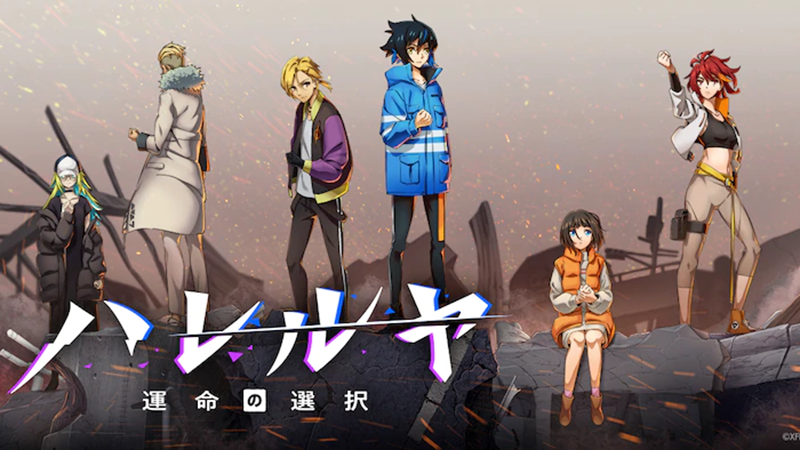#Soil studies can be helpful for border control
“#Soil studies can be helpful for border control”

Underground tunnels have been used by warriors and smugglers for thousands of years to infiltrate battlegrounds and cross borders. A new analysis published in the Open Journal of Soil Science presents a series of medieval and modern case studies to identify the most restrictive and ideal soil and geologic conditions for tunneling.
“Understanding the history of soil tunnels shows us that certain types of soils and geographies are uniquely suited for tunneling. Countries with warfare or smuggling issues, including the U.S.-Mexico border and Israeli borders, need detailed soil and hydrology maps of their borders to identify soil types, typographies, and thus areas where soil tunnels could be constructed,” according to study co-author Kenneth Olson, professor emeritus and soil scientist in the Department of Natural Resource and Environmental Sciences at the University of Illinois.
Olson and co-author David Speidel looked at several tunnel systems throughout history, including examples in Syria, China, Cambodia, Vietnam, North Korea, South Korea, Iran, Iraq, Israel, Gaza, Egypt, Afghanistan, Mexico, and the United States.
The authors discuss the history of each area’s tunnels, including construction and use. They detail the geological materials, bedrock, water tables, and climate for each tunnel network, and note its resilience or demise.
Using the case studies, the authors are able to identify site conditions that are most susceptible to soil tunneling and make specific recommendations for today’s most vulnerable border crossings.
“Most cases of successful tunneling throughout history were in arid areas with a relatively low permanent water table,” notes Olson. “These areas will need to be monitored for sound and vibrations to disrupt tunneling by smugglers.”
Olson’s previous work explaining how soils and tunneling were an equalizer during the Vietnam War caught the eyes of several military groups, which led him to expand his soil tunnel warfare and smuggling research into this more recent study.
Olson is a Vietnam-era veteran who served in the U.S. Army from 1969 to 1973. Speidel is a U.S. Army Iraq, Bosnia-Herzegovina, and Vietnam-era veteran as well as a USDA soil resource conservationist and retiree previously detailed by the Foreign Agricultural Service as a Civilian Response Crops Agricultural Advisor.
More information:
Kenneth R. Olson et al, Review and Analysis: Successful Use of Soil Tunnels in Medieval and Modern Warfare and Smuggling, Open Journal of Soil Science (2020). DOI: 10.4236/ojss.2020.105010
Soil studies can be helpful for border control (2020, July 8)
retrieved 8 July 2020
from https://phys.org/news/2020-07-soil-border.html
This document is subject to copyright. Apart from any fair dealing for the purpose of private study or research, no
part may be reproduced without the written permission. The content is provided for information purposes only.
If you want to read more Like this articles, you can visit our Science category.
if you want to watch Movies or Tv Shows go to Dizi.BuradaBiliyorum.Com for forums sites go to Forum.BuradaBiliyorum.Com



